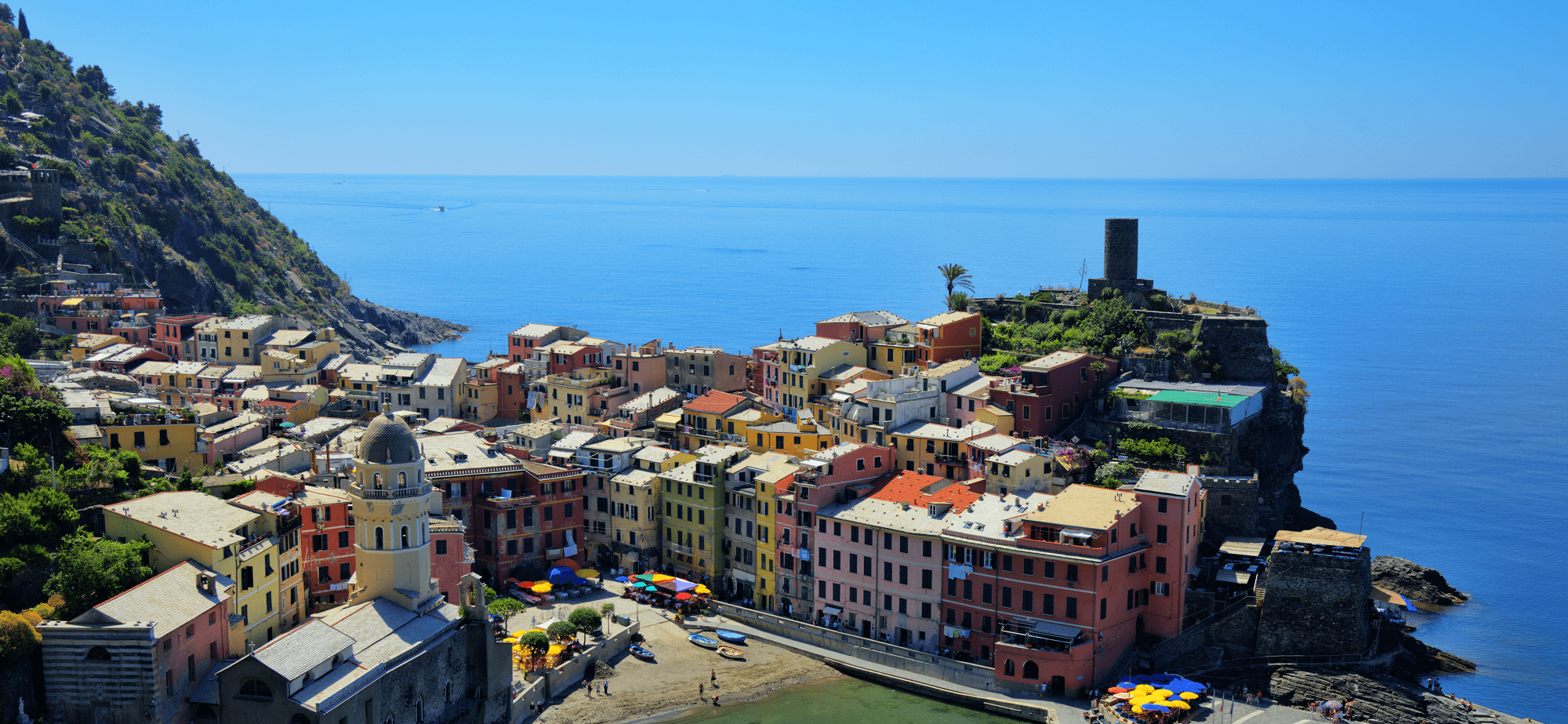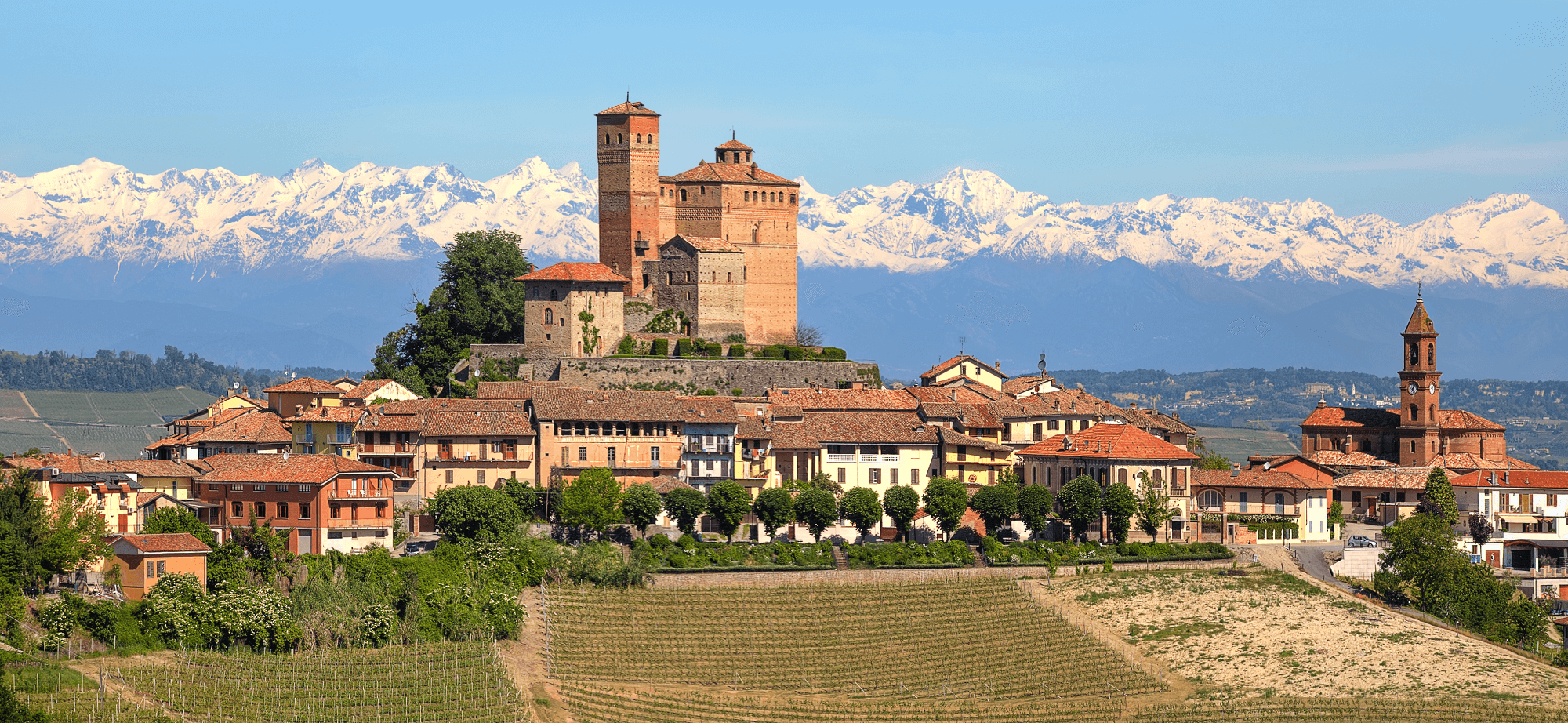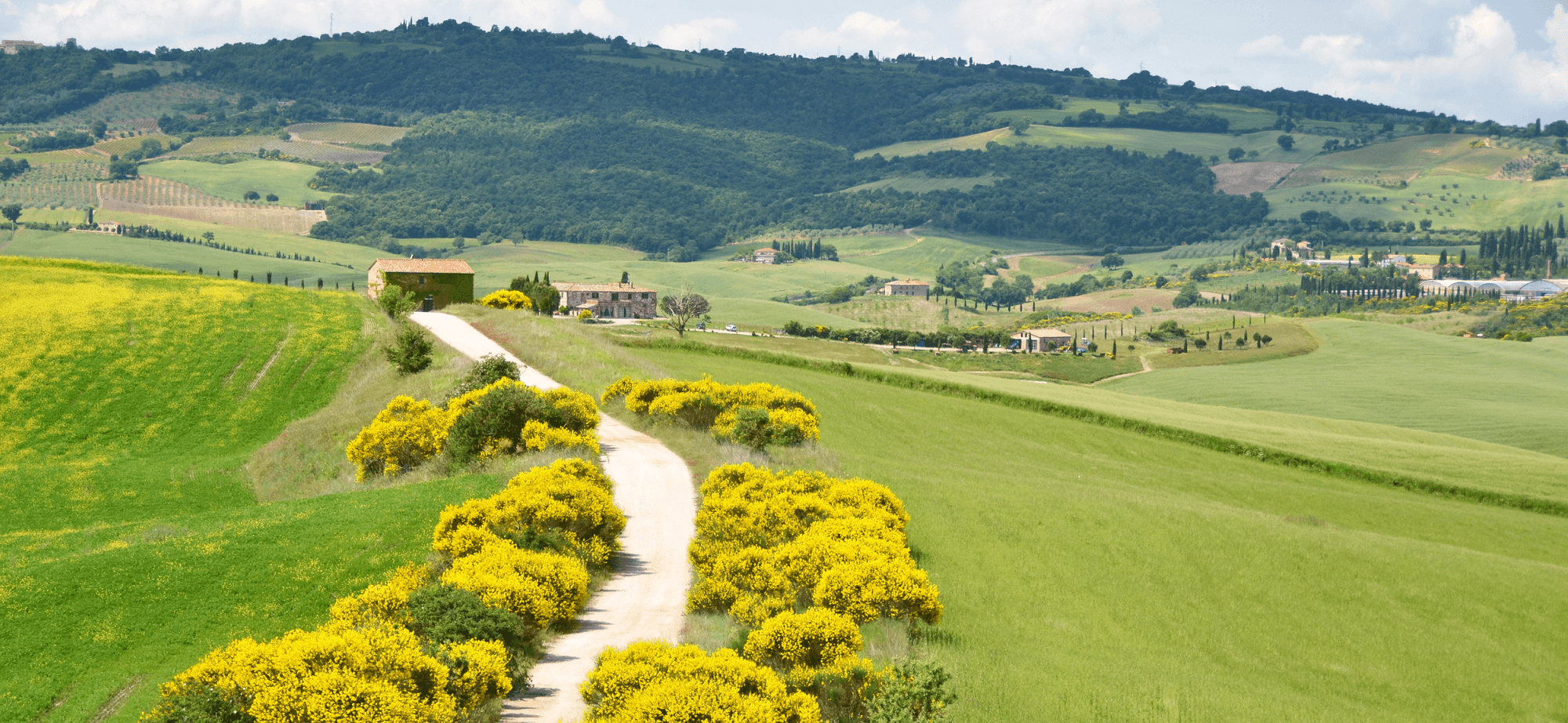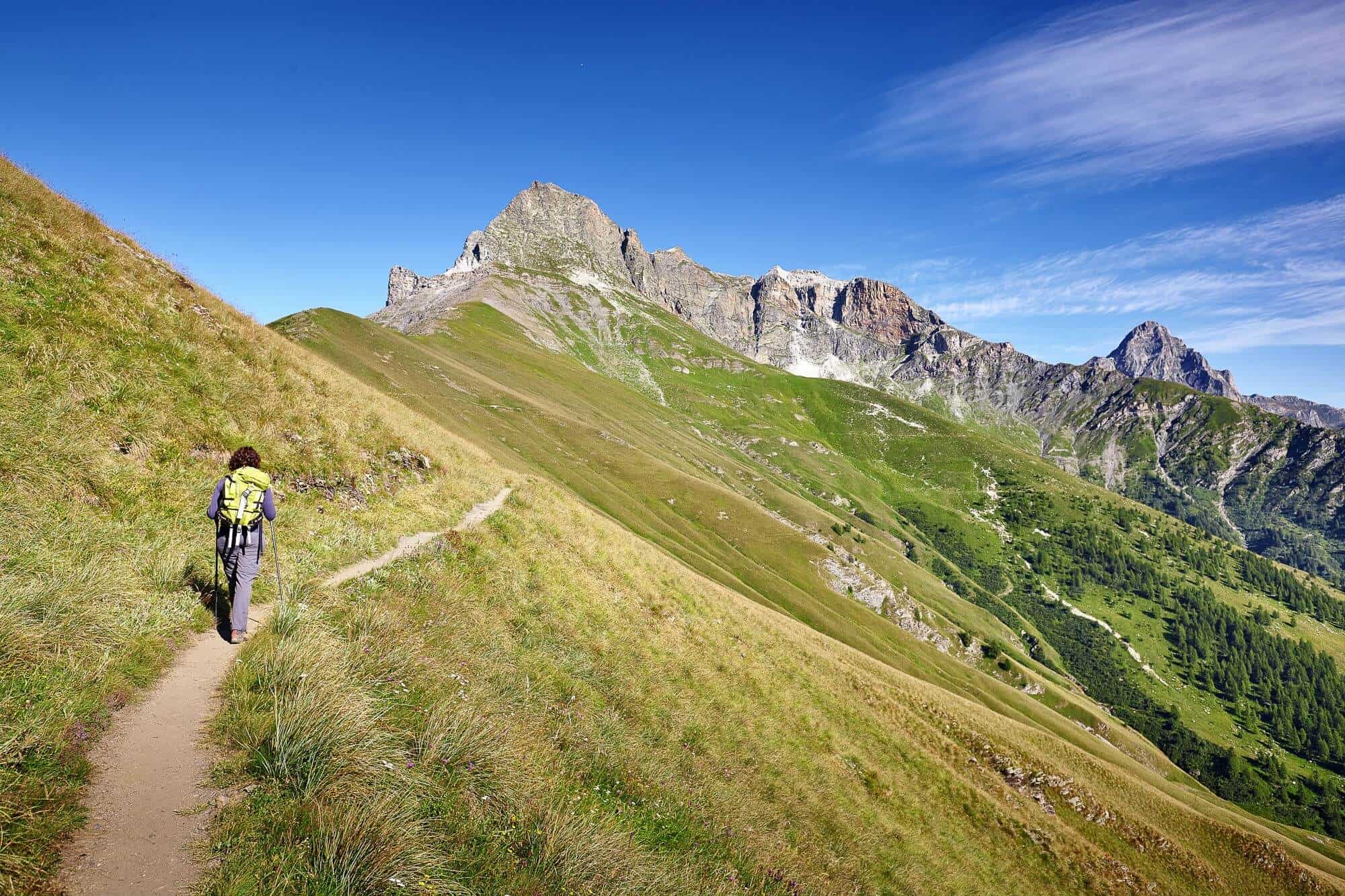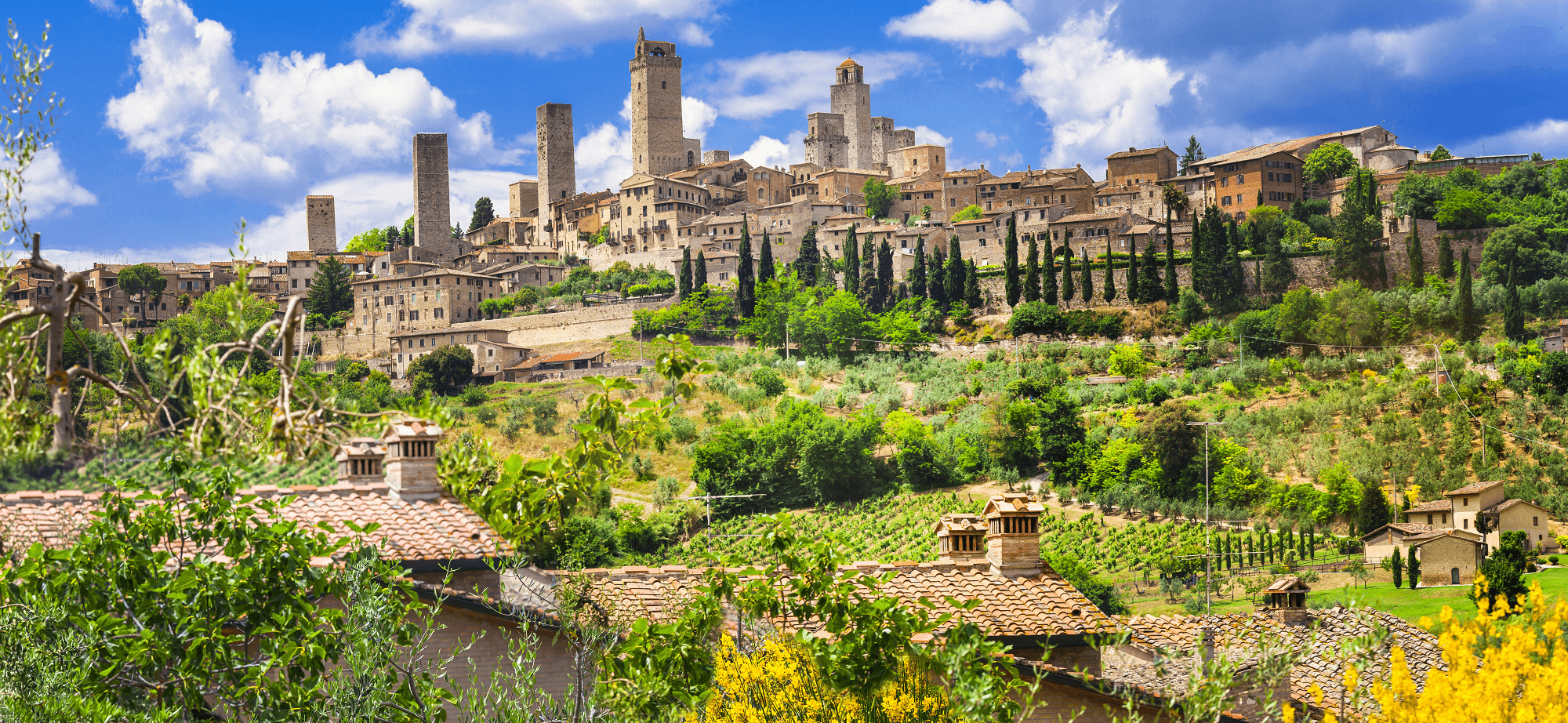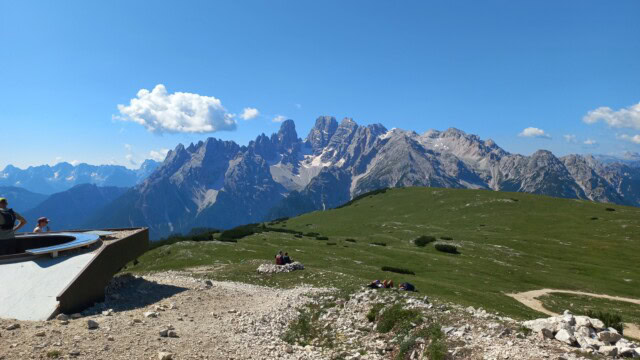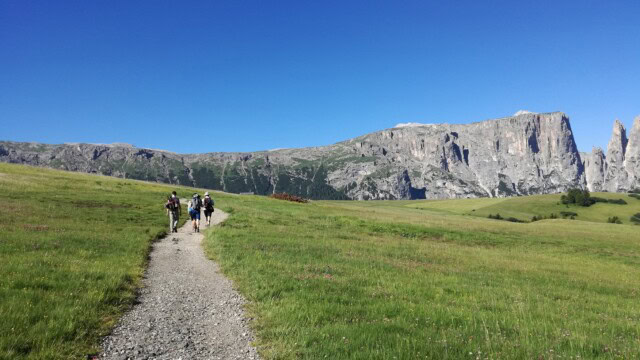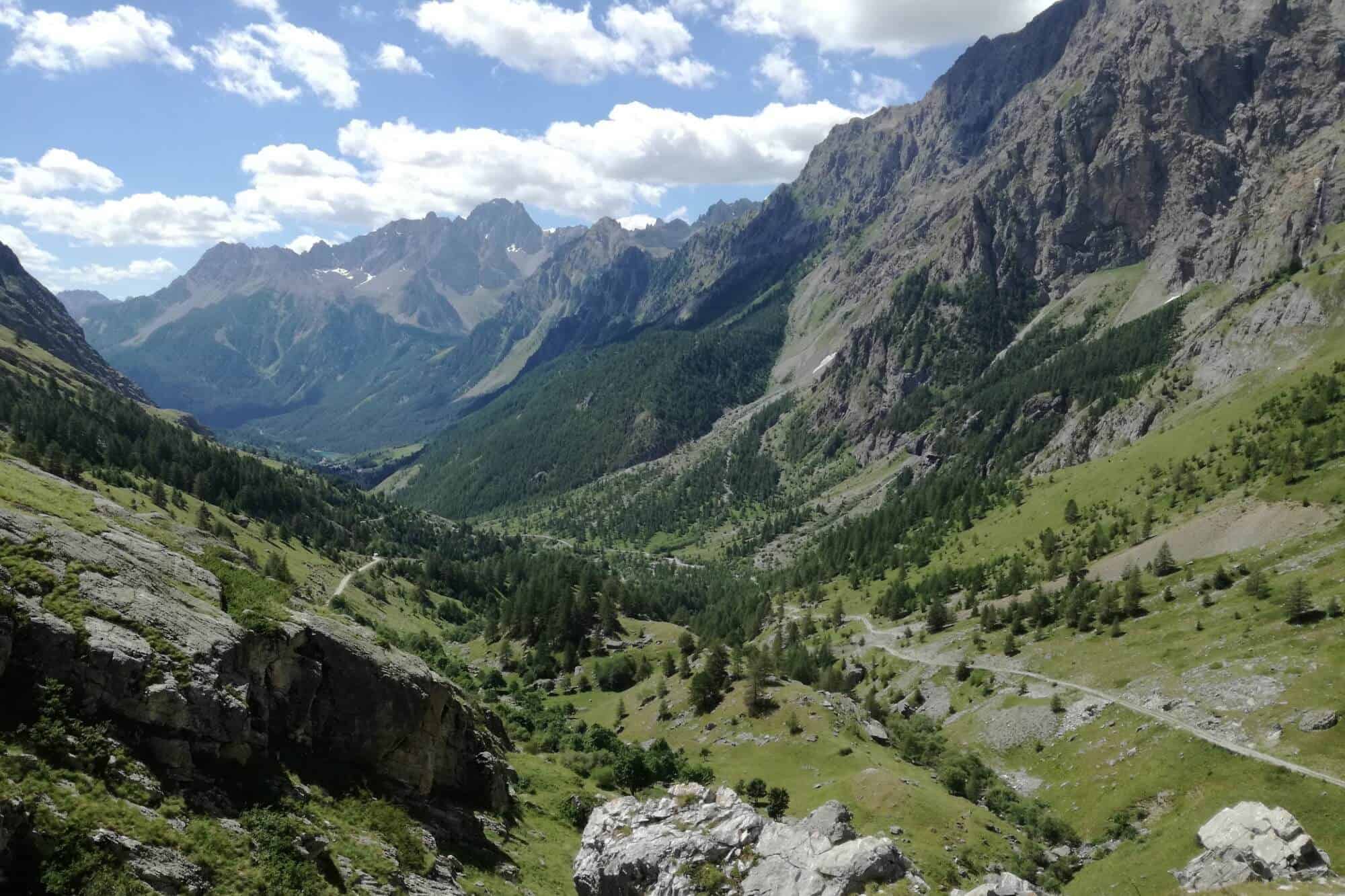Walking Holidays In Italy - Destination Guide
Language
Though the many Italians you meet working in the main tourists towns and cities will be likely to speak English, it's considered polite to put your requests in Italian. Most will appreciate the effort, and switch the exchange to English if they can see that you’re struggling. Please bear in mind that in more remote and less populous communities, you'll be less likely to be able to converse in English, especially with older generations.
As is often the case with travelling to a new country, a few handy phrases, dictionary or App - can get you a long way. As with your own language, a simple change in the way you phrase requests can elicit a much more favourable response. Subtle differences like ‘posso avere un bicchiere di vino?’ (could I have a glass of wine?) rather than ‘voglio un bicchiere di vino’ (I want a glass of wine) creates a much more considerate impression.
Cuisine
It’s a fact that Italian cuisine is one of the country's most famous cultural exports, and there’s no better way to try celebrated dishes than in their place of origin. A visit to somewhere like Amalfi wouldn’t be complete without trying pizza in the area in which it originated, and while you’re visiting Positano (on the Amalfi Coast), the Pizzeria Ristorante Saraceno d'Oro or the Ristorante il Fornillo ae both fantastic choices for pizza rustica.
Differences in cuisine can vary quite dramatically between localities, and it's not uncommon for communes and small towns to hold festivals (sagre) celebrating the most famous dish/ingredient of their region.
Wine
With over 350 indigenous varieties of wine across Italy alone, picking the best bottle can be an intimidating prospect. Even so, having a rough idea of what to look for should put you in good stead. Sometimes sticking to the classics is the best policy, and walkers in Tuscany may be aware of the famous Chianti and Brunello wines produced in the region. Further north in Piedmont, you’ll find the celebrated Barolo wine, produced in the Langhe region. The vineyards of these regions are a common fixture of the countryside, and you can experience the satisfaction of exploring the very landscapes where these prestigious wines are produced.
A good indicator of quality is the DOCG (translated as: controlled and guaranteed designation of origin) label emblazoned on the bottle - a guarantee that a traditional set of processes and ingredients have gone into the wine’s production.
Extending Your Trip
Italy is one of the most diverse countries you can hope to visit, with a lot to offer in terms of culture, geography and activities. No matter where you wander across the country, you can be assured that there is somewhere special to visit or spend a few days out exploring, following the end of your journey. Looking for an island retreat? Well, look no further than Sardinia (flights to Caligari), or the Aeolian Isles (just off the coast of Sicily), and if it's rich history and culture you’re after, then why not extend a walking break in Tuscany with a visit to the city of Florence or Pisa.
Money
Italy uses the Euro. Most shops, hotels and restaurants accept all major debit and credit cards, although you should always carry a little cash with you, particularly when visiting more rural areas or when using small businesses. You will also find an ATM in most small towns.
Tipping in most cafes and restaurants is not mandatory, most establishments will include a tip as part of the servizio (service charge) on your restaurant bill and/or the coperto (cover charge). Where this isn’t the case, anything between 5% and 15%, depending on the quality of service is acceptable. It is not necessary to tip bar staff as you will usually order and collect your drinks at the bar.
Internet and Phone coverage
EU legislation means that normal rates on what were called ‘roaming charges’, have been slashed significantly, which means you won't be charged any extra fees to use your UK allowance of minutes, texts or (most) data in the EU. However if you use mobile phone data quite frequently, you may be charged significantly when not connected to free wi-fi. If you’re travelling from outside the EU, or use data on your phone quite often, you may want to consider buying an Italian sim card as this can be quite handy for finding museum hours, booking tables and calling taxis etc.
Whilst phone and internet coverage across Italian cities is generally good, with 4G/5G rolled out successfully across communities in recent years, be aware that rural areas may have limited coverage. For this reason it is best to plan ahead and not rely on having coverage when you are out and about. In towns and villages there will generally be phone reception but not always mobile internet. It is increasingly common to have free wi-fi in cafes, hotels and B&Bs, but not guaranteed.
Medical Cover
Healthcare systems vary from one country to the next and may not include everything you expect to be free of charge where you come from. EU nationals can use their European Health Insurance Card (EHIC) to access the necessary state-provided healthcare in Italy at a reduced cost, or even for free. The EHIC card also covers pre-existing medical conditions, although not for anyone travelling with the express purpose of seeking medical treatment. How to apply and more information is found on the NHS site. Emergency numbers and contacts are included as part of your walk pack.

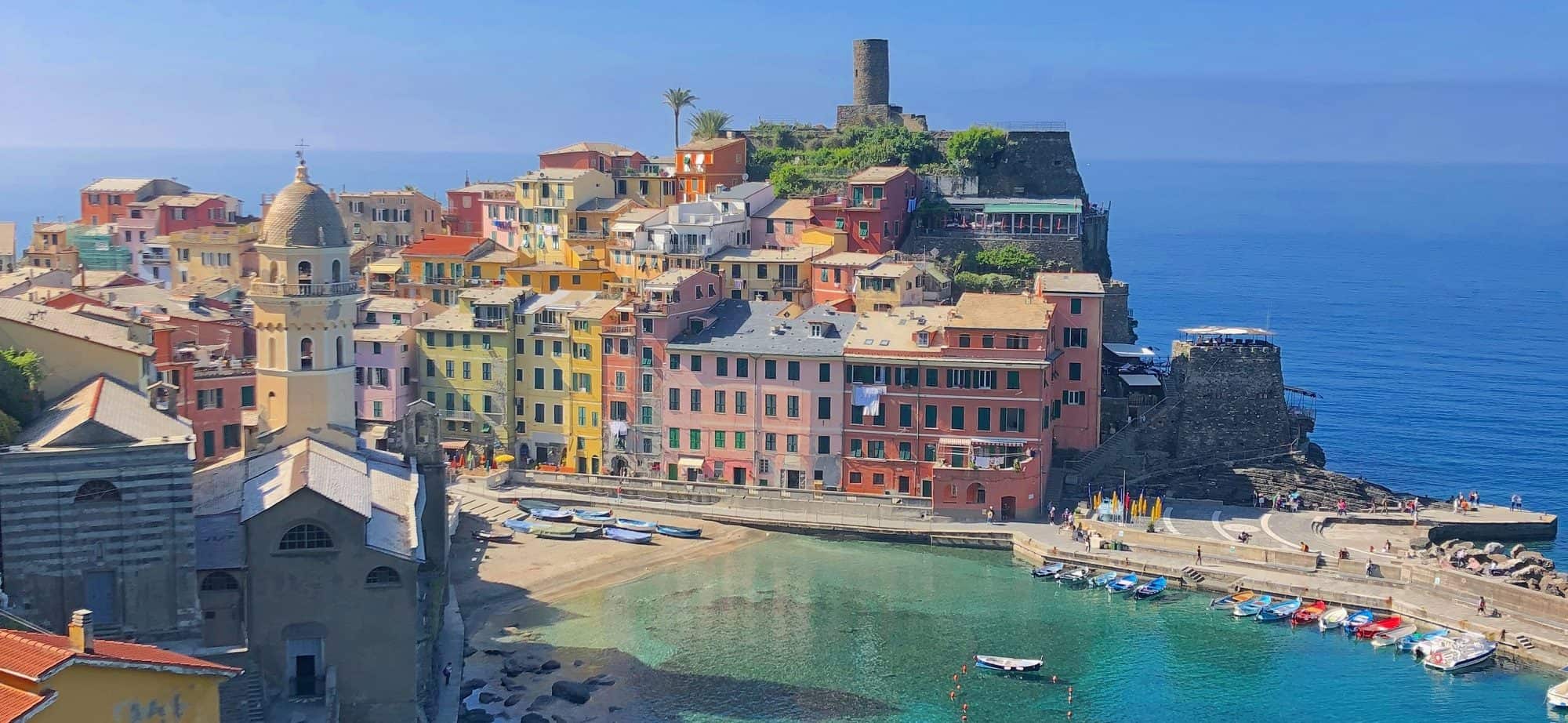
 Destination
Destination

